Reversing Article 50 with Brexit legal challenge: What is the European Court of Justice adviser's opinion and what will it mean for Parliament?
Britain can reverse Brexit and remain a part of the EU bloc without permission of the other states, according to the opinion of an adviser for the European Court of Justice.
This has sparked speculation as to what implications it might have, with Theresa May’s deal hanging in the balance ahead of a crucial vote in the House of Commons.
The ECJ legal opinion opens the door to the option of stopping Brexit altogether and staying in the EU as a full sovereign member state on the same terms.
Although non-binding, it was written by the top adviser to the ECJ’s judges, and the vast majority of such opinions are eventually turned into full rulings by the court.
Below, the Standard looks at the facts behind and implications of the case.
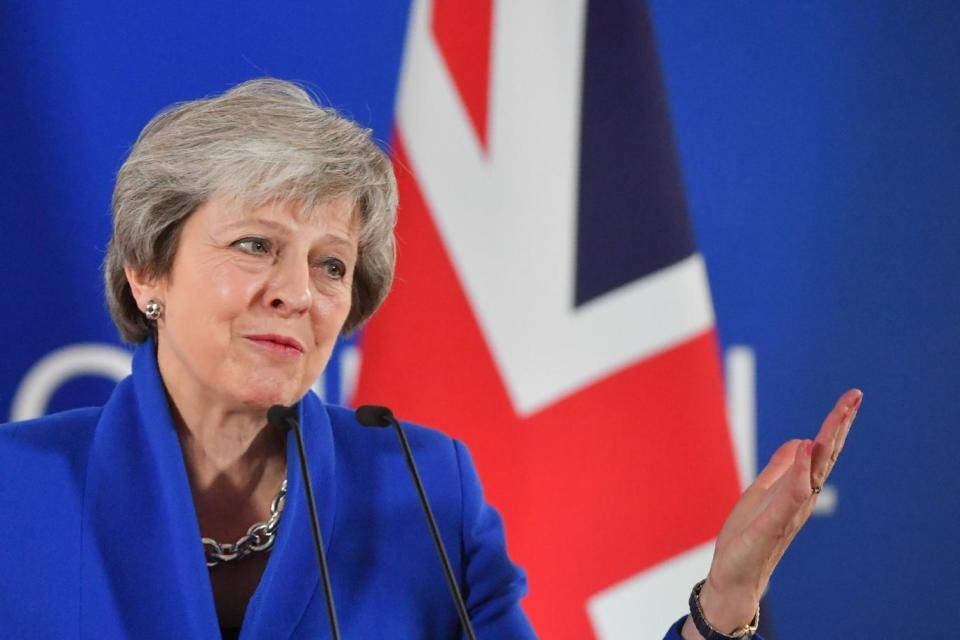
What happens next?
Article 50 allows the "unilateral revocation of the notification of the intention to withdraw from the EU, until such time as the Withdrawal Agreement is formally concluded", according to Advocate General Manuel Campos Sanchez-Bordona.
However his opinion is not binding on the court.
The Judges of the European Court of Justice (ECJ) are now beginning their deliberations in the case before issuing a judgment at a later date.
More often than not such opinions are turned into full rulings.
Who is behind the legal challenge?
We are not there yet but huge thanks & credit to legal team -
Aidan O'Neill QC
David Welsh QC
Maya Lester QC
Elaine Motion, Balfour-Manson
and to
Jo Maugham QC, Good Law Project who was inspiration for action and organised the crowdfunder. pic.twitter.com/wkdQdRgKdN— Andy Wightman MSP (@andywightman) December 4, 2018
Initially, the case was brought to court by a group of politicians from four parties, working in three different parliaments.
At present the group features Green MSPs Andy Wightman and Ross Greer, SNP MEP Alyn Smith and Labour MEPs David Martin and Catherine Stihler.
The politicians are supported by campaigning lawyer Jolyon Maugham QC, director of the Good Law Project. Formally known as Wightman and others v the Secretary of State for Exiting the European Union, the case is opposed by the UK Government.
What do they want?
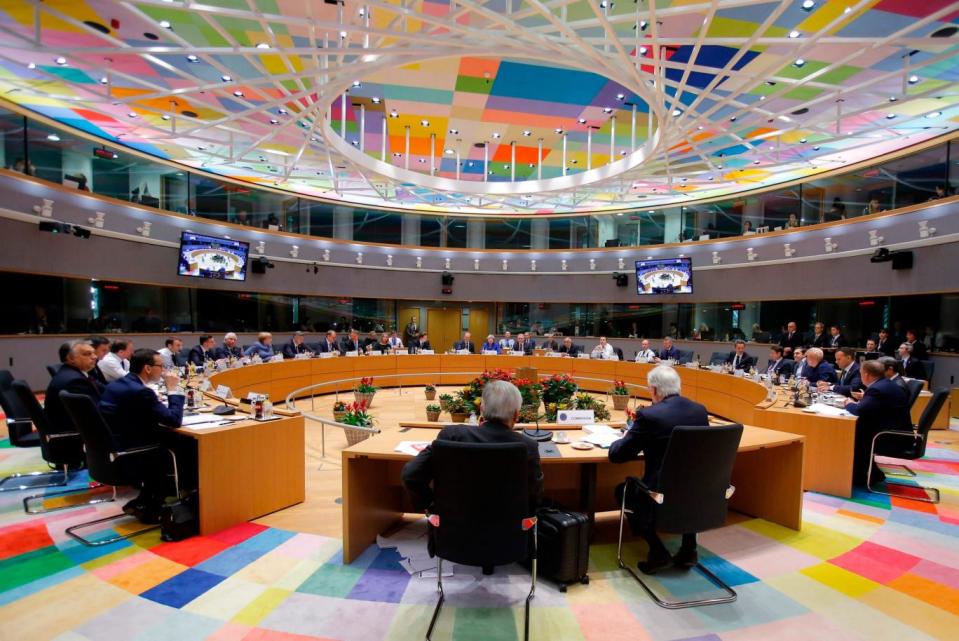
Prime Minister Theresa May started the formal process for the UK to leave the EU in March 2017, when she triggered Article 50 of the Treaty on European Union.
Article 50 is the legal mechanism for a country to leave the EU.
The politicians want judges at the European Court of Justice to indicate whether the UK can revoke that Article 50 request to leave the EU unilaterally.
Put simply they want to know if the UK can stop the Brexit process on its own, without the consent of the other 27 EU member states.
As the Good Law Project states: "Many experts believe we can choose to stay in the EU without permission. That, if we want, we can just withdraw our notice. But there is only one way to be sure: a court has to decide what Article 50 means."
The campaigning lawyer Mr Maugham argues the case "could decide the fate of the nation".
How have they afforded the action?
A crowdfunding drive, launched by the campaigners, is close to reaching its £200,000 target after receiving donations from more than 5,800 people.
The legal team involved is said to be working at a "heavily discounted rate".
What is the UK Government’s opinion?
The Government has maintained that the question asked is entirely hypothetical and academic.
It has challenged the cross-party group at every legal stage.
The UK Government insists it is committed to implementing the result of the EU referendum in June 2016, as has Theresa May directly, and has no intention of revoking Article 50.
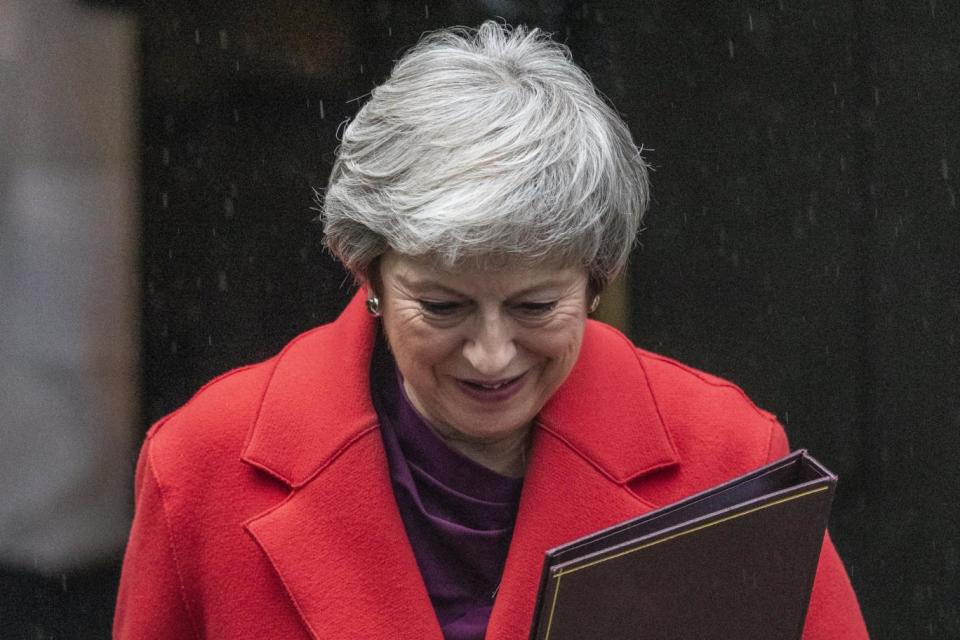
Throughout the discussions, ministers have argued it is not for courts to enter into a hypothetical or premature debate.
Advocate General for Scotland Lord Keen QC, representing the UK Government, said the case is a "hypothetical validity challenge" and those behind it seek "political ammunition to be used in, and to pressure, the UK Parliament".
Two attempts by the UK Government, which is contesting the case, to appeal against the referral to the European court were rejected.
With regards to Britain not leaving the EU, in recent days senior ministers have said that if Mrs May’s deal is not backed there is a risk of “no Brexit”, not simply no-deal Brexit.
How did the case get this far?
From day one, those campaigning have sought a ruling from European judges.
After the case first came to fruition in February, the politicians have overcome a series of legal hurdles at every stage in the process.

They lost an early bid to have a full hearing on the matter, at the Court of Session in Edinburgh, and later secured one on appeal.
After that full hearing, the court knocked back their bid to have the issue referred to the ECJ. Again, this was overturned by senior judges in Edinburgh upon appeal and the case was allowed to proceed to the ECJ. A further attempt by the UK Government to stop the case getting to Europe was rejected earlier this month at the UK Supreme Court.
What might the ECJ determine?
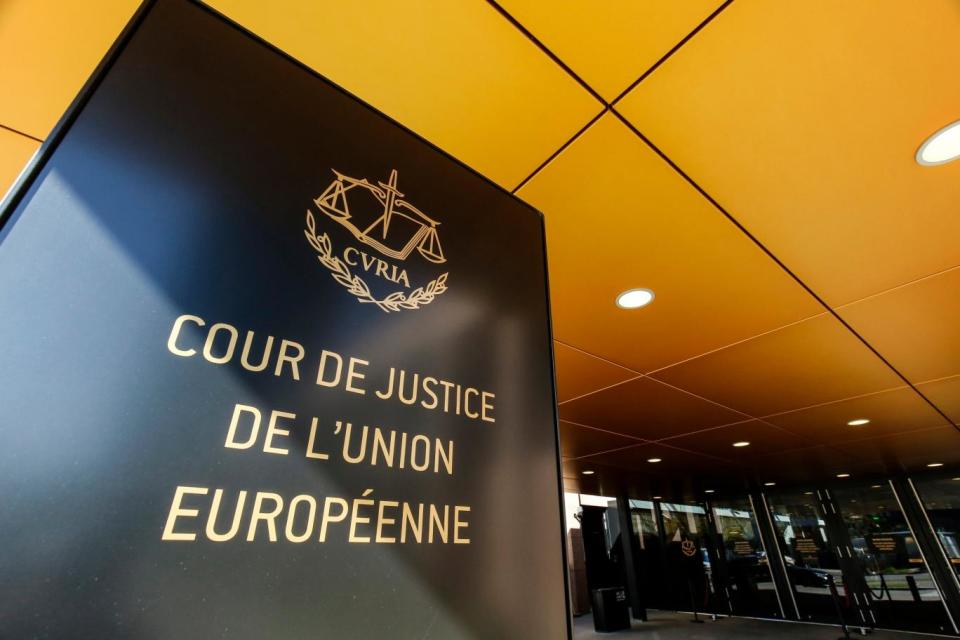
It has three options, according to the Good Law Project.
It could:
· Rule Article 50 is not reversible
· State that Parliament can reverse its decision to leave up until the date of departure if the European Council agrees
· Agree with Mr Sanchez-Bordona in saying the UK can revoke Article 50 without needing permission from the other member states
In any event, its ruling will be a "preliminary" one to enable Scotland's Court of Session to give its final say.
What are the implications for Parliament?
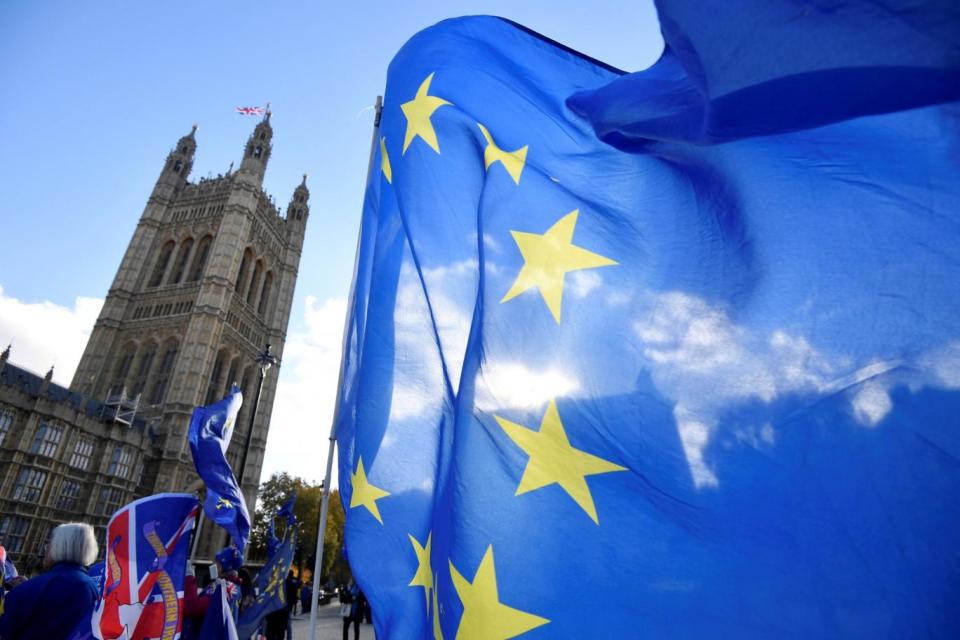
The campaigners say it means the UK Parliament will get clear guidance about the precise powers open to it from the European Court of Justice, as it votes on the deal.
Scotland's most senior judge made the different roles of the parliament and court clear, as he ruled in September the case could go to Europe.
He said the ECJ would not be advising Parliament on "what it must or ought to do".
Instead, it would be "merely declaring the law as part of its central function".
Parliament’s reaction to that judgment is entirely a matter for it.
Former Conservative attorney general and second referendum campaigner Dominic Grieve told BBC Radio 4's Today: "It's clearly significant.”
Asked if it made it more likely there would be a new public vote, he said: "It is certainly helpful because it removes one of the arguments, which is: 'Oh well, they would never allow us to change our minds."'

